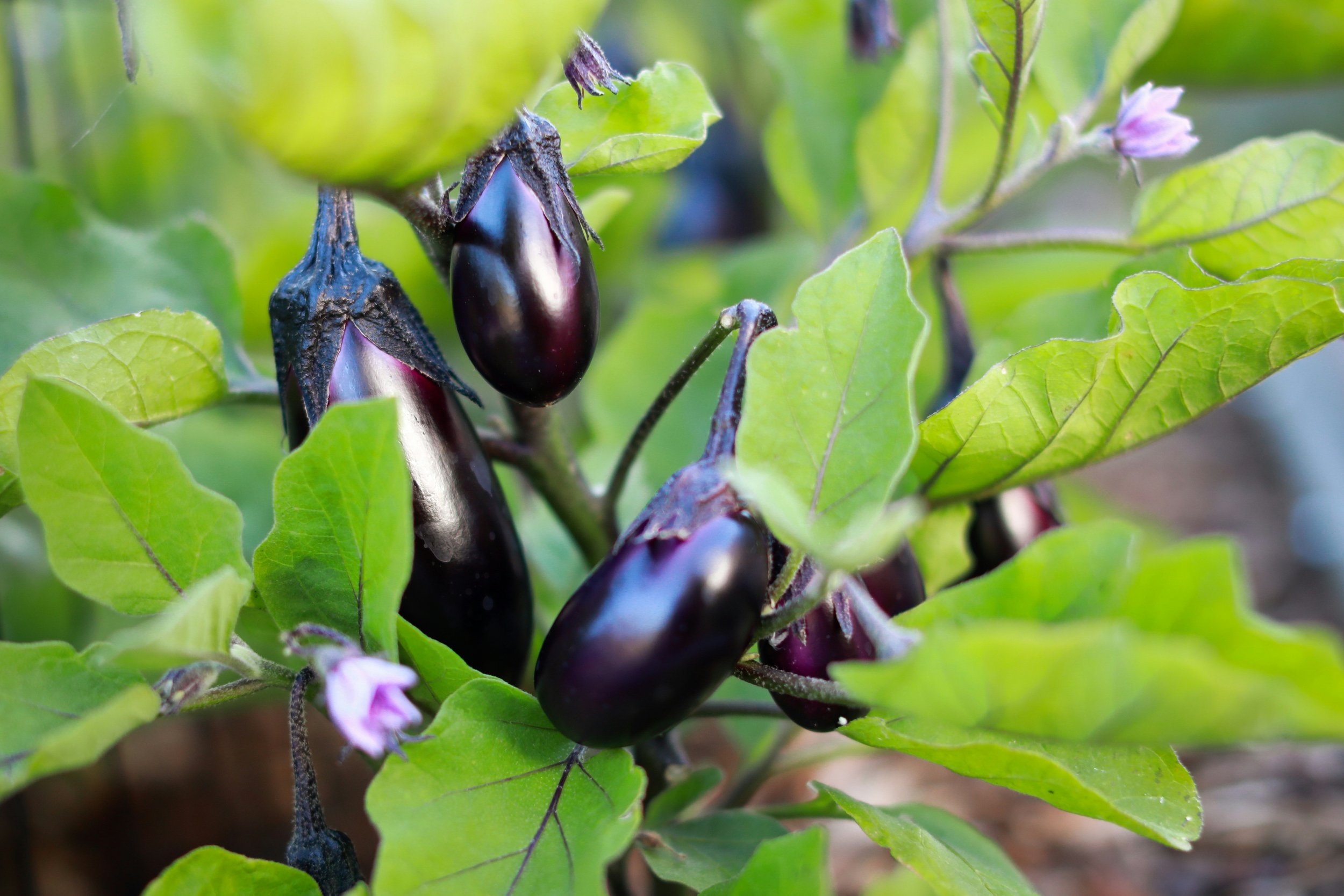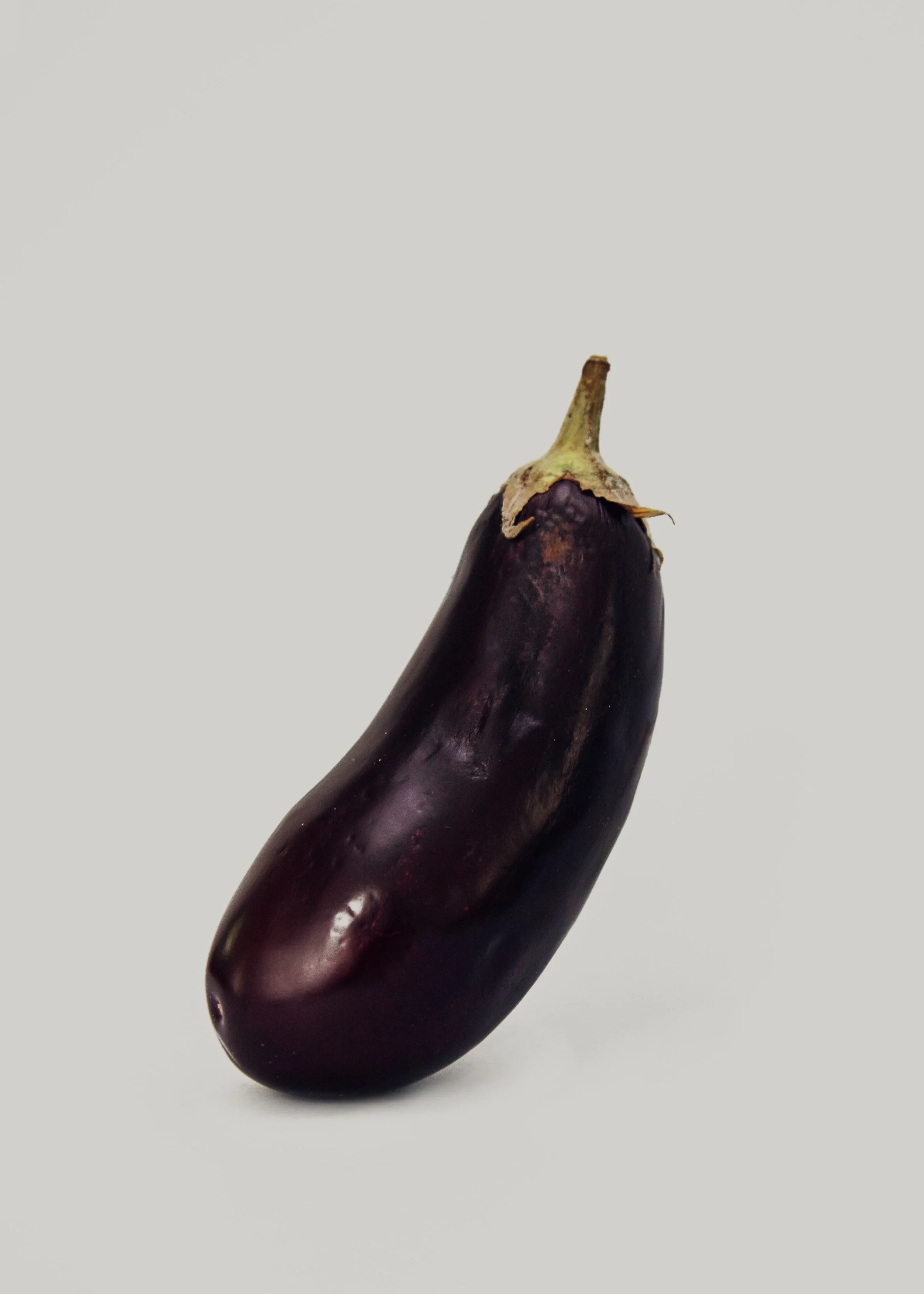Cooking Tip
“Sweating” an eggplant with salt will draw out moisture and some compounds that contribute to the bitterness, making the flesh more tender.
Try this:
cut the eggplant into slices, cubes, strips, or halves and place them on a board
sprinkle them with salt
After about 30 minutes, rinse off the salt and pat the pieces dry
fry, grill, bake, roast, or steam them
Sweating an eggplant will also reduce oil absorption during cooking.




